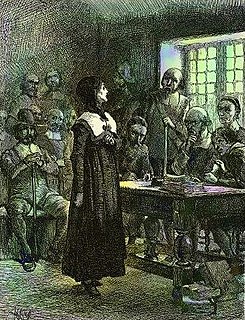A Quote by Heinrich Heine
Nothing is sillier than this charge of plagiarism. There is no sixth commandment in art. The poet dare help himself wherever he lists, wherever he finds material suited to his work. He may even appropriate entire columns with their carved capitals, if the temple he thus supports be a beautiful one. Goethe understood this very well, and so did Shakespeare before him.
Related Quotes
Goethe died in 1832. As you know, Goethe was very active in science. In fact, he did some very good scientific work in plant morphology and mineralogy. But he was quite bitter at the way in which many scientists refused to grant him a hearing because he was a poet and therefore, they felt, he couldn't be serious.
Non-injuring has to be attained by him who would be free. No one is more powerful than he who has attained perfect non-injuring. No one could fight, no one could quarrel, in his presence. Yes, his very presence, and nothing else, means peace, means love wherever he may be. Nobody could be angry or fight in his presence. Even the animals, ferocious animals, would be peaceful before him.
We must carry the war into every corner the enemy happens to carry it, to his home, to his centers of entertainment: a total war. It is necessary to prevent him from having a moment of peace, a quiet moment outside his barracks or even inside; we must attack him wherever he may be, make him feel like a cornered beast wherever he may move. Then his moral fiber shall begin to decline, but we shall notice how the signs of decadence begin to disappear.
Some souls think that the Holy Spirit is very far away, far, far, up above. Actually he is, we might say, the divine Person who is most closely present to the creature. He accompanies him everywhere. He penetrates him with himself. He calls him, he protects him. He makes of him his living temple. He defends him. He helps him. He guards him from all his enemies. He is closer to him than his own soul. All the good a soul accomplishes, it carries out under his inspiration, in his light, by his grace and his help.
We are made aware that magnitude of material things is relative, and all objects shrink and expand to serve the passion of the poet. Thus, in his sonnets, the lays of birds, the scents and dyes of flowers, he finds to be the shadow of his beloved; time, which keeps her from him, is his chest; the suspicion she has awakened, is her ornament
The poet needs a ground in popular tradition on which he may work, and which, again, may restrain his art within the due temperance. It holds him to the people, supplies a foundation for his edifice; and, in furnishing so much work done to his hand, leaves him at leisure, and in full strength for the audacities of his imagination.
I wasn't always smart, I was actually very stupid in school [T]here was a boy who was very attractive who was even stupider than I was. And in order to ingratiate myself with this boy who was very beautiful, I began to do his homework for him – and that's how I became smart, I had to do all this work to just keep ahead of him a little bit, in order to help him. In a sense, all the rest of my life I've been trying to do intellectual things that would attract beautiful boys.
Wherever a ship ploughs the sea, or a plough furrows the field; wherever a mine yields its treasure; wherever a ship or a railroad train carries freight to market; wherever the smoke of the furnace rises, or the clang of the loom resounds; even in the lonely garret where the seamstress plies her busy needle--there is industry.





































